The first thing that comes to mind when I hear, “That person is a good runner,” is that “that person” is fast. Speed and “good” running are pretty solidly linked.
For me, I am 51, so I’m headed away from my peakest of peak years of speed and strength. By this “fast equals better” metric then, I’m looking at becoming a “worse” runner. But the reality is, in many ways, I’m becoming a better athlete all the time.
How can I get better, if I’m not getting faster? How can I improve, if not by raw speed? Like this.
I Can Improve My Mental Game
I have become increasingly fascinated by the mental and emotional game of running. I have always been absurdly tough on myself. My internal dialogue has been mean, fear-filled, and unrelenting.
Now, I have two primary goals in running: make it fun; be nice to myself. I’m getting a lot better at this, and I really am having more fun. It feels sort of miraculous: I mean, all I have to do is stop being a jerk to myself. It’s that simple, but not very easy.
In hand with not being rotten to myself, I lean on advice from other women I’ve spoken to and great thinkers like Pema Chodron. Stay in the moment, aka, don’t think ahead. Don’t get too excited; don’t get too down. Don’t doubt yourself. Embrace the pain.
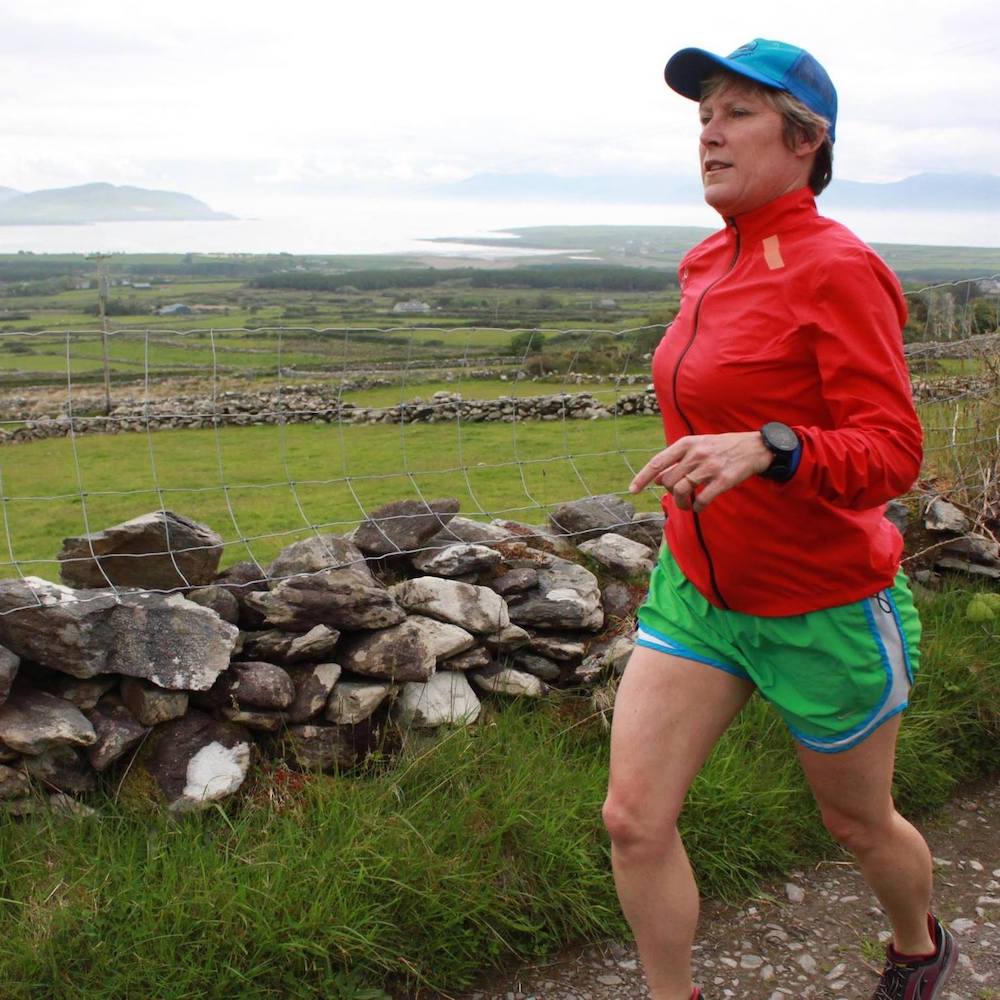
There are many great mental and emotional strategizing suggestions, but there’s one reality about all of them: they’re hard to stick with 100%. I may nail it for a while, but then those logical-seeming doubts and worries start creeping in and soon enough, I’m in the dark spiral of negativity or future thinking, or whatever other unhelpful trap I let my mind fall into.
This is what makes the mental game so exciting. It’s really challenging, and there will always be room for improvement.
I Can Nourish My Body Better
I haven’t had the greatest relationship with eating for most of my life. I’ve been an underfueler. It started in my late teens and early 20s when I was a competitive bike racer. I was always trying to lose just a few more pounds because lighter was always better, so the thinking was (and as I see it, unfortunately still is).
My “eating less is better” mentality became the way I thought about food, long after I was racing full time. It was never severe enough for anyone, including me, to be too concerned, but as I learn more about how to fuel properly, I fully recognize that I have been hindering myself for pretty much my entire athletic life.
So, I’ve worked toward putting an end to that. I think of food now as the fuel that will help me feel better, not the burden that will slow me down. I eat to run and move better.
And, added bonus, it also turns out that the time around menopause is ideal for assessing eating habits because changing hormones shift the nutritional needs of your body. Testing out what to eat when (timing is so important!) and which types of supplements help with the hormone chaos is incredibly empowering and helpful.
I Can Learn to Listen to My Body Better
I am shifting away from telling my body all that it must do for me and started listening to what I must do for it. There’s no doubt, with age, my body is much less forgiving when it’s needs are ignored. If I sit too long without stretching and moving, my hamstrings and hips start to ache. If I don’t allow myself good rest and recovery, I really don’t feel good when I try to do a hard workout again.
So, now I have a running plan, but if that’s not what my body’s up for when I go out, I don’t do it. OK, sometimes I try anyway, and when it doesn’t go well, I am reminded why that’s a bad idea; this is a learning process. When I listen, I feel better, so I’m staying focused on staying tuned in.
I Can Work on Strength and Whole Body Wellness
I am embracing all those non-running activities that keep my body balanced, flexible, and strong—because they make me a better runner.
Just as importantly, having a strength program, having a movement practice, and doing other activities make me a healthier, more resilient, stronger, less injury prone, more agile, more pain-free athlete.
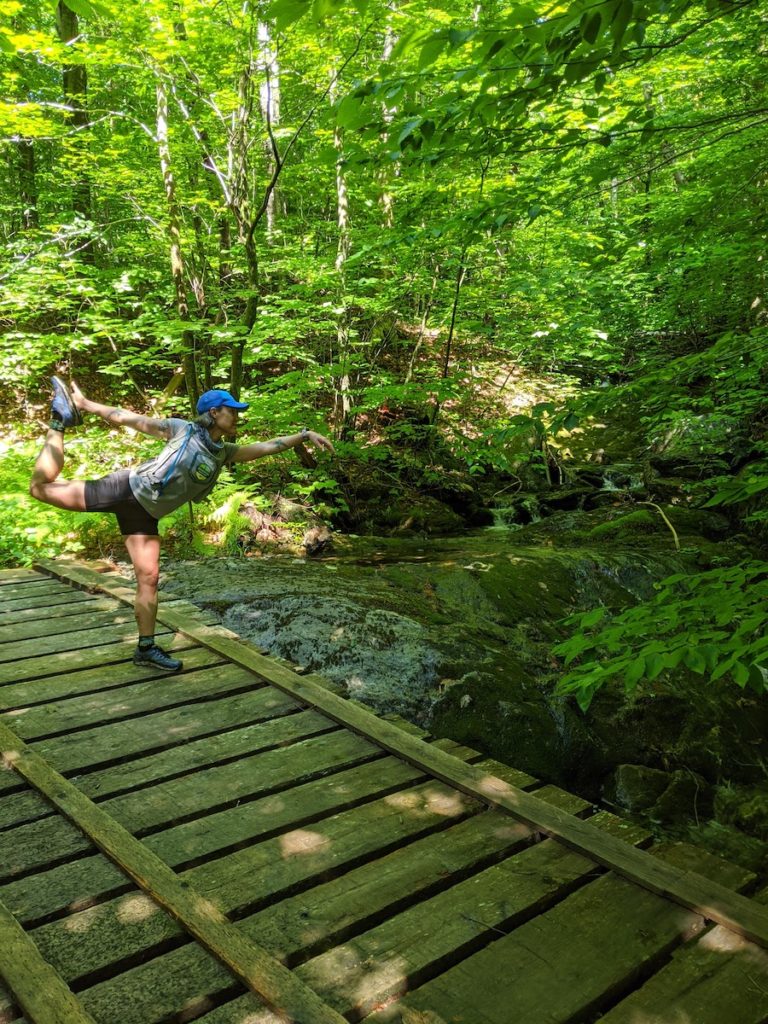
When I stick to my three times a week movement and strength program, I feel better. I also have unwavering confidence in the work of Dr. Stacey Sims and Selene Yeager (of ROAR fame), so “lift heavy $h!t” is on my agenda.
When I do yoga regularly, I feel better. I’m not someone whose body feels good running a lot of miles all the time or more than five days a week, so cross-training is really good for me. I also know that sticking to all of this is my path to longevity as a runner and as an athlete.
I Can Focus on My Form
Good form makes for more efficient running and helps cut down injuries. I recently heard an interview with ultra runner Dean Karnazes who says he’s never had an injury. When asked what he attributes that to, he said that he naturally has good running form (he also mentioned cross-training).
I am not so completely blessed, so I work at it. And it makes a difference. I was recently talking to running form expert Jae Gruenke—who uses the Feldenkrais Method as the core of her approach and who I’ve followed for years—and she reminded me that running is a skill sport and how people tend to overlook that. Being a skill, it’s also something I can improve.
When I lock into good form, my running feels smoother, less effortful, more natural. I especially find that when I’m really tired, this is a nice task to set my mind on. Instead of thinking about how much I’m hurting, how much further I have to go, or whatever other not useful loops my brain fixes on, I refocus on making sure my hands aren’t clenched, my hips are rotating well, that my jaw and neck are loose. For me, it’s mostly about staying relaxed and light on my feet.
I Can Try New Facets of the Sport
Running is a huge sport; there are so many ways to enjoy this movement: trails, track, road, hilly, flat, really short, really long, technical terrain, cross-country—and it goes. The challenges and opportunities are vast.

I wrote about here before that I’ve found a love of technical trails, which I continue to be excited to explore. And it’s been a while since I’ve done some true ultras, so I’ve got my eyes on some longer distances coming up. I’m even playing with the idea of doing a 100-miler, which I thought I’d never want to do. That’s all to say, I keep looking for new ways to challenge myself—and there is no shortage of options.
Finding Satisfaction
Running fast is a blast, no doubt, and I will always work on speed. But there’s so much more to explore.
And what I keep close at hand is that I most want those moments of deep satisfaction—the satisfaction of getting to do really tough things in a body that’s moving well, with a mind abundant with appreciation, in beautiful places that bring me deep happiness, with people who share that same joy, for as long as I can.



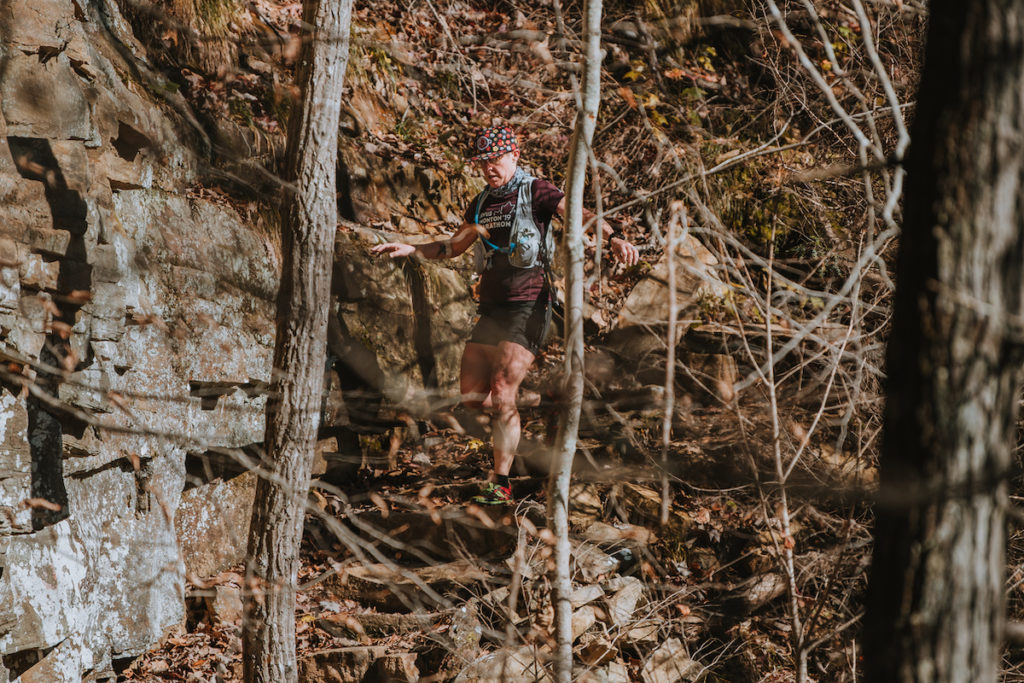

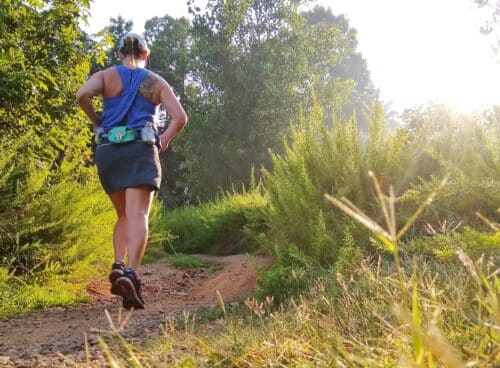


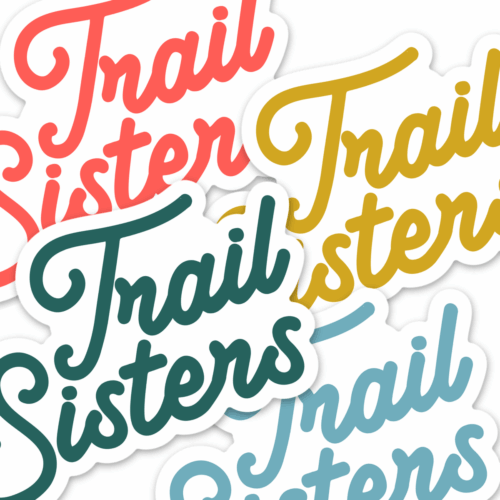
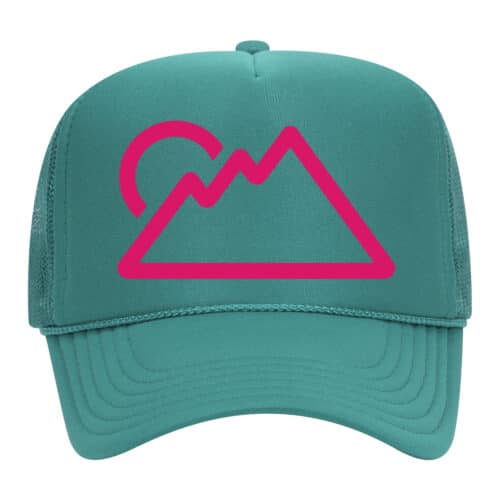
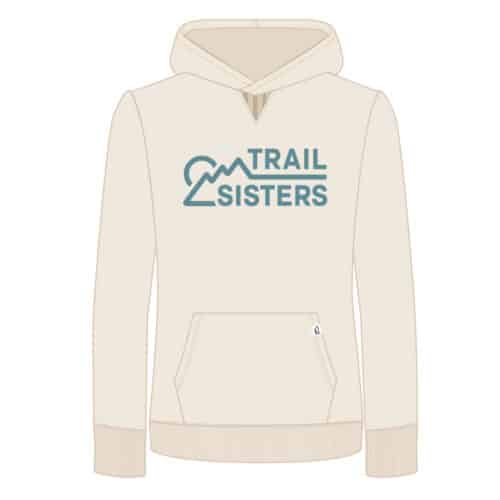
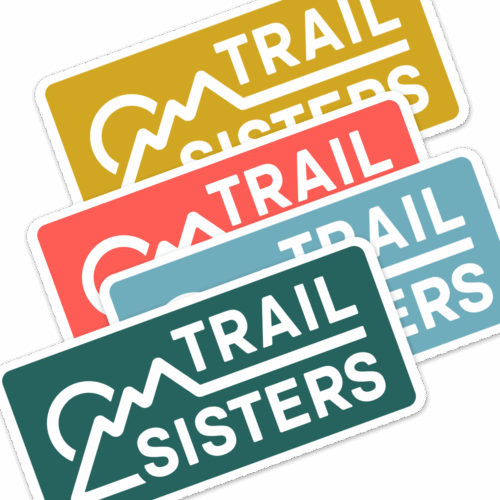

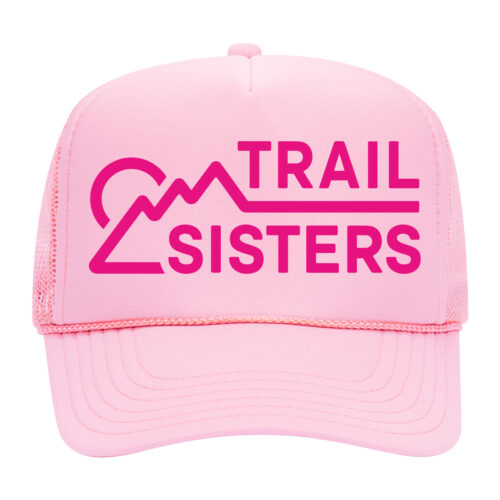


3 Responses
I love this! Just what I needed to hear!
All this is so true!
As a slower runner, I wrestle with feeling “worthy” of the title of “runner”. I’ve done dozens of races, so I know I am a runner, but it’s nice to hear this message. I tell myself there is a lot more to running than just speed, too! Thank you for this great article!♡